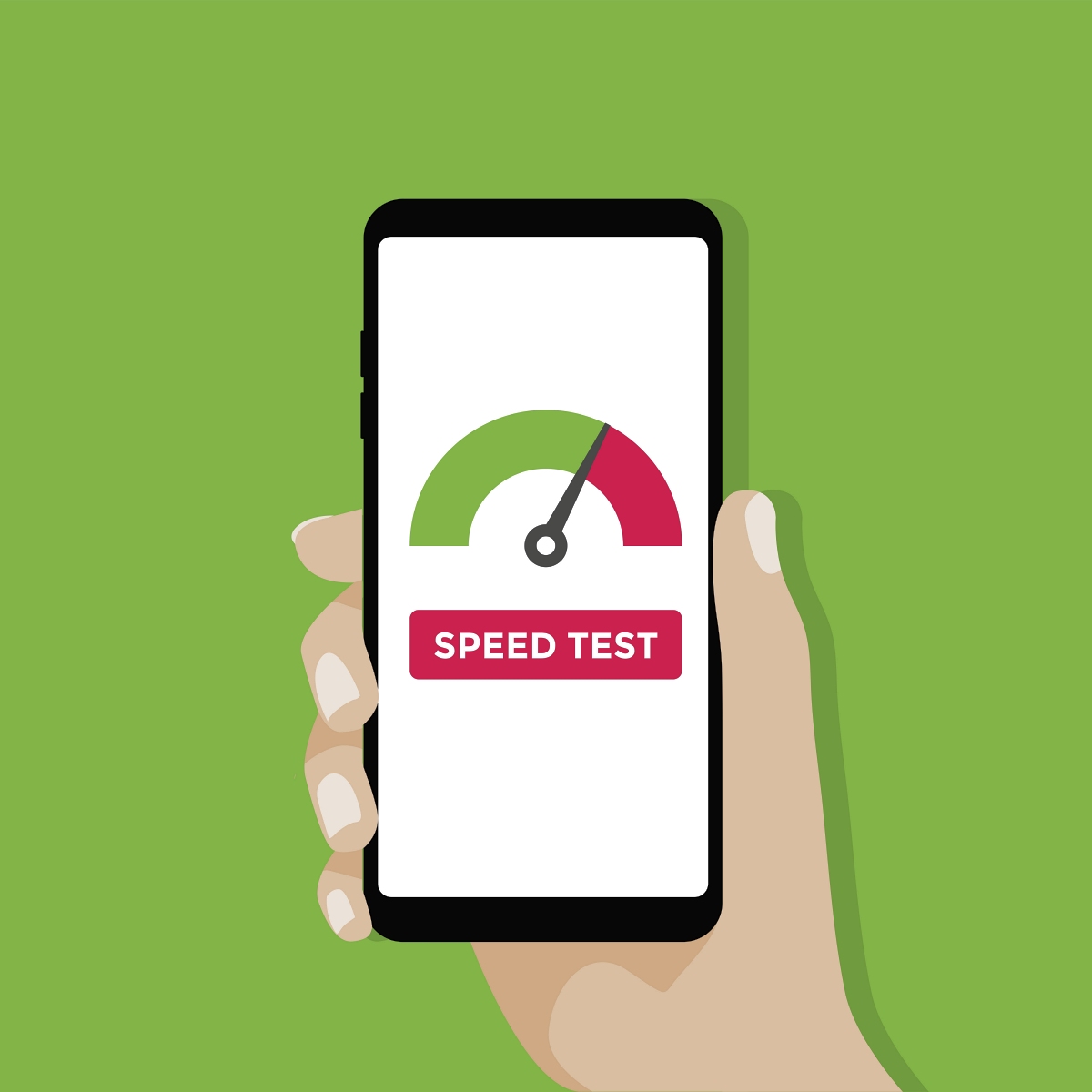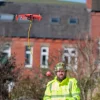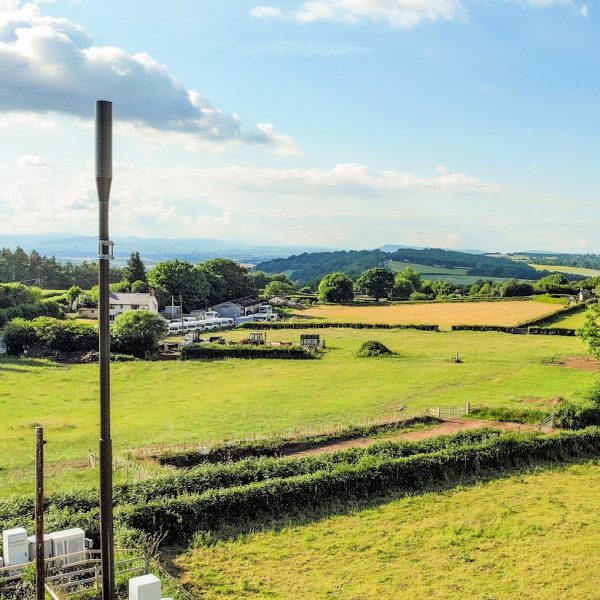Vodafone UK Tells Ofcom to Make “bold structural” Changes to BT
Telecoms giant Vodafone has today published a detailed summary of their submission to Ofcom’s Strategic Review, which is considering whether or not to separate BT from control of their national UK telecoms network (Openreach). Unsurprisingly the mobile giant is in favour of big changes.
It’s fair to say that Vodafone has already taken a fair few pops at BT over the past few weeks (here and here) and in that sense today’s announcement merely confirms their position. As before this focuses on their demands for full separation of Openreach, as well as access to BT’s national Dark Fibre network and a more flexible Pay TV market (that last one is perhaps more aimed at Sky).
* Address discrimination and improve pro-competitive investment with the structural separation of BT Openreach;
* Put in place the framework for multi-operator investment by improving access to BT’s ducts and poles, ensuring BT must also use these products on the same basis as other providers;
* Make it easier for consumers to switch suppliers across multiple services such as Pay TV, broadband and mobile; and
* Ensure fair access to exclusive premium TV content and evaluate future auction processes to prevent consumer exclusion from viewing key sporting events.
The mobile operator further claims that “longer-term competition has been undermined by the regulatory freedom given to BT“, with the primary focus of this comment being upon the incumbents roll-out of 40-80Mbps capable Fibre-to-the-Cabinet (FTTC) technology that first began in 2009/10.
The comments somewhat reflect how Ofcom originally gave BT some protection from aggressive regulatory controls, at least for a period of five years, in return for their pushing investment into the deployment of FTTC and related enhancements. Mind you BT might well argue that they too have to take the same products as everybody else.
Never the less Vodafone claims that the services delivered via BTOpenreach’s network are today defined by two key characteristics, “poor quality of service and high profitability“, which also reflects the operators claim last week that BT made £6.5bn more in excess profit than what Ofcom’s regulatory model should allow. BT for its part has previously described this as being “ludicrous” and “wildly inaccurate“.
Instead Vodafone, which states that Ofcom’s “current regulatory model no longer works“, are advocating a multi-operator investment approach to the deployment of ultrafast (100Mbps+) fibre optic broadband networks (e.g. FTTH/P). The mobile giant claims this has worked in Spain, Portugal and soon Ireland too (it’s not easy to make apples to apples comparisons here).
Mind you it does take a very.. very long time to roll-out and not to mention that these approaches don’t always cover 100% of the country, which may still leave plenty of rural gaps. Finding the many billions needed to do the work is another challenge, although Vodafone has previously hinted that they might be willing to help out on that front (a bit more detail here would help).
At the end of the day Vodafone, which recently shelved talks with Liberty Global that might have seen their UK division gain access to Virgin Media’s significant fixed line fibre network, are clear that they don’t want to see Ofcom merely making “incremental tweaks to regulation” to address these issues.
Ofcom now has the unenviable task of examining the market and reaching a conclusion. Privately many operators might be able to stomach BT retaining control of Openreach, but they’d still be expecting Ofcom to make some big changes. Interestingly the regulator has already signalled that they might be willing to go quite far, such as with their earlier Dark Fibre proposals (here).
Mark is a professional technology writer, IT consultant and computer engineer from Dorset (England), he also founded ISPreview in 1999 and enjoys analysing the latest telecoms and broadband developments. Find me on X (Twitter), Mastodon, Facebook and Linkedin.
« Savills – Slow Broadband Makes it Harder to Rent Rural Property
WiFi Kettles in London Found Leaking Home Network Passwords »
Latest UK ISP News
- FTTP (5508)
- BT (3513)
- Politics (2535)
- Openreach (2296)
- Business (2260)
- Building Digital UK (2243)
- FTTC (2042)
- Mobile Broadband (1971)
- Statistics (1787)
- 4G (1662)
- Virgin Media (1617)
- Ofcom Regulation (1459)
- Fibre Optic (1393)
- Wireless Internet (1389)
- FTTH (1381)
























































Comments are closed